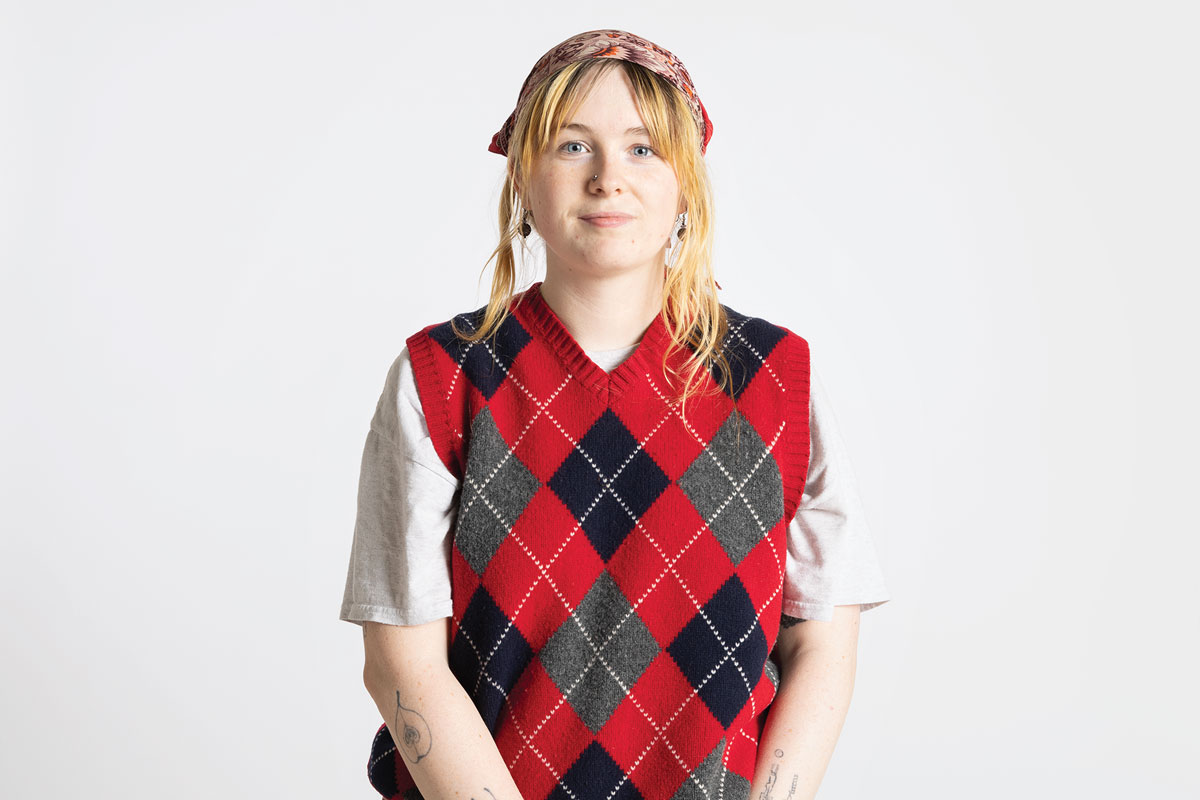Mysticism, Subjectivity, and Embodied Experience
Meet comparative literature major Millie Forman.
Hometown: Brighton, England
Thesis adviser: Prof. Ariadna García-Bryce [Spanish and humanities]
Thesis: “Writing the Mystical Subject: The Works of Saint Teresa of Ávila”
What it’s about: My thesis is about the way in which Saint Teresa writes mystical experience. I consider the role of language in the construction of subjectivity, especially at the threshold of subjectivity that mystical experience makes manifest. I focus on ecstasy—as a mode of experience that defies description—and the way in which Teresa’s writing attempts to express the seemingly inexpressible. Central to this is the meaning of the feminine subject position in language, and the formulation of a specifically feminine mode of knowledge acquisition and creation.
What it’s really about: What is it possible to say about embodied experience?
Influential professors: Christian Mysticism with Prof. Michael Foat [religion] was the first time I read any mysticism, and it totally rerouted my academic interests. With much grace and generosity, Mike offered me an entirely new understanding of the possibilities of language and literature. Prof. Lena Lenček [Russian and humanities 1977–2022] changed my relationship to literature with her insistence on the centrality of joy and wonder as foundational to the act of scholarship. Prof. Zhenya Bershtein [Russian] has been so warm and so wry and has been boundlessly kind to me both in classes and out.
Influential book: Pavel Florensky’s The Pillar and Ground of the Truth, read in Prof. Bershtein’s class on Russian Decadence, has proved essential in both my romantic and academic life.
Concept that blew my mind: In kabbalah, language contains creative metaphysical power at even the level of the letter itself. Learning to think rigorously about the power of structure has been essential to how I now think about literature.
Cool stuff: I learned Russian and worked as a translator for Prof. Bershtein. I almost became a Catholic!
Challenges faced: At times it was really hard to be in Portland, so far away from my home. Ultimately—and maybe to my own surprise—Reed became a really important home to me.
How Reed changed me: The immense care and attention I have been given by many of my professors has shown me something of the possibilities of real mentorship. The support they gave me has formed the ground of myself as a thinker and writer (and friend). I was taught to take my own work more seriously without becoming totally ensnared in self-righteousness, and that being young doesn’t make everything I write trivial.
Help received along the way: Financial aid meant that I could be here in the first place!
Awards, fellowships, grants: I received multiple career advancement funds, which I used to visit Redwoods Monastery in Northern California and, more mundanely, to pay for my visa. I also received the Spring Internship Award, which has allowed me to work for Simone Weil House, a Catholic Worker house in Portland, over the past few months.
What’s next: I am starting my PhD in religion at Columbia in the fall.
